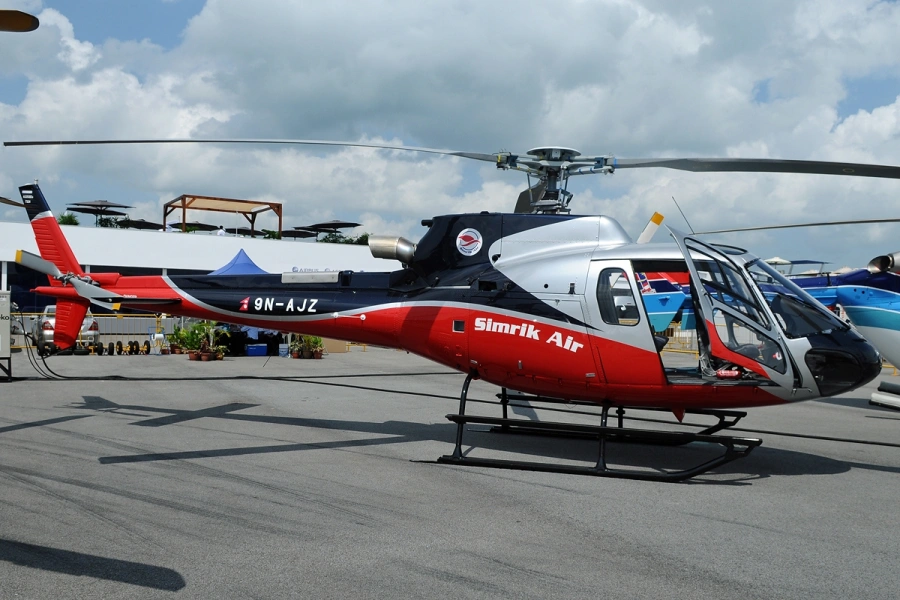KATHMANDU, August 24: Prime Minister Sher Bahadur Deuba is requesting his Indian counterpart Narendra Modi to provide exchange facility for demonetized Indian currency in Nepal.
The Nepali team is renewing its request for providing exchange facility for demonetized Indian banknotes in Nepal during the state visit of Prime Minister Deuba which began on Wednesday, a high-level source privy to the issue told Republica.
India is showing reluctance to accept demonetized currency from Nepal even though it has been more than nine months since the southern neighbor withdrew 1,000 and 500 denominated banknotes from circulation.
The repeated efforts of Nepal at the highest government level to get the exchange facility for the demonetized Indian banknotes held by Nepali citizens and financial institutions have gone into vain. Immediately after the Indian government announced withdrawal of legal tender of 1,000 and 500 rupee banknotes, the then Prime Minister Pushpa Kamal Dahal had urged his Indian counterpart Modi to provide exchange facility for such banknotes in Nepal.
The agenda has featured in series of high-level meetings of two countries including at the finance minister level.
While India never rejects Nepal's request during such meetings, it is still to accept such banknotes.
Though there have been two visits from Indian authorities to Nepal and one visit from Nepali officials to India to find an amicable solution to the demonetized Indian currency problem that Nepal faces, the fate of such currency in Nepal is still uncertain.
A Nepali delegation led by Deputy Governor of the NRB, Chintamani Shiwakoti, had first visited India in the second week of January as part of the central bank's efforts to exchange scrapped banknotes. The team had proposed a modality for providing exchange facility for those who hold such currency in Nepal.
Nearly a month later, a team of Reserve Bank of India (RBI) -- the central monetary authority of India - came to Nepal to hold discussion on management of demonetized Indian banknotes held in Nepal. But nothing was decided.
Another RBI team that visited Nepal in the last week of March proposed to provide exchange facility for up to IRs 4,500 per citizen. Unhappy over the limit proposed by India, the Nepali side initially declined the offer and demanded exchange facility for up to IRs 25,000 that an individual is legally allowed to carry.
The Ministry of Finance later sent a letter to the Indian government, accepting the limit proposed by the Indian side. The Indian government is yet to respond to that letter.
The NRB has also prepared a modality for exchange, expressing commitment to put in place a strong vetting process for those coming to exchange Indian currency, to soothe Indian concern that exchange facility offered to Nepal could be used as a clearing house for the 'black money'.
Indian officials fear exchange facility offered to Nepal could be abused by those who hold 'black money' which the Indian Prime Minister has aimed to wipe out.
While there Indian currency worth nearly Rs 80 million in the formal banking channel, including with the money changers, there is no any exact data of scrapped Indian banknotes in possession of general public and the businessmen.
“The Indian side should offer solution to the problem as soon as possible. The Prime Minister will raise this issue again during the bilateral meeting so that general public possessing scrapped Indian banknotes will get chance to exchange their currency,” a highly placed government source said.
Nepalis still await exchange facility for scrapped banknotes




































